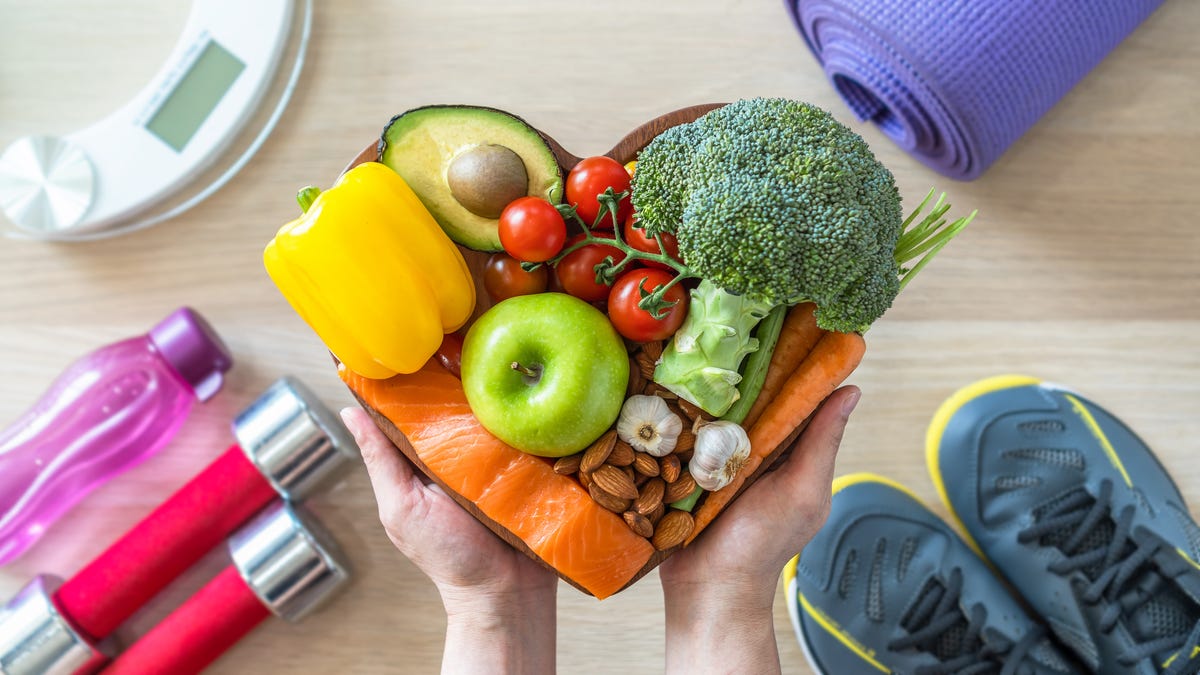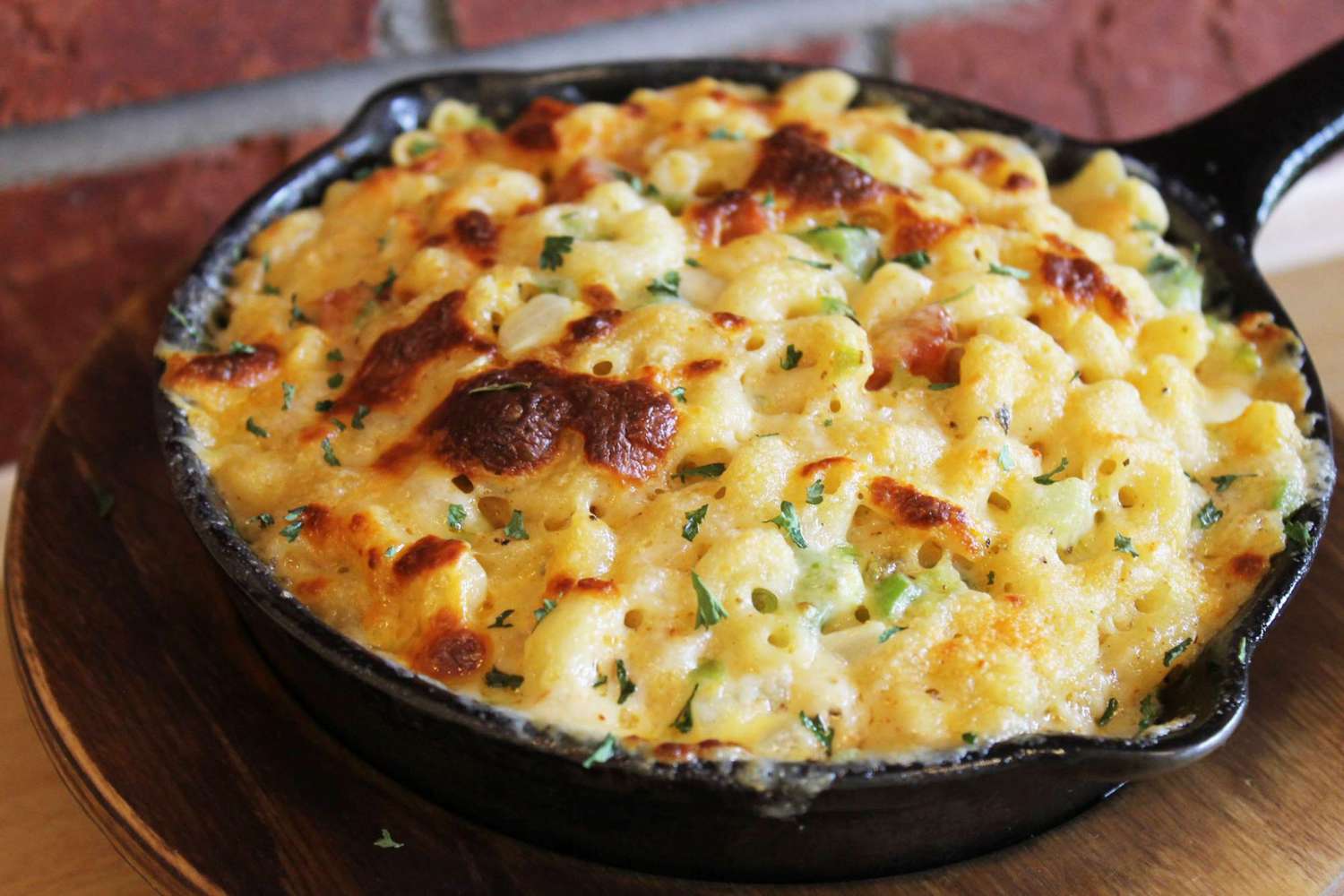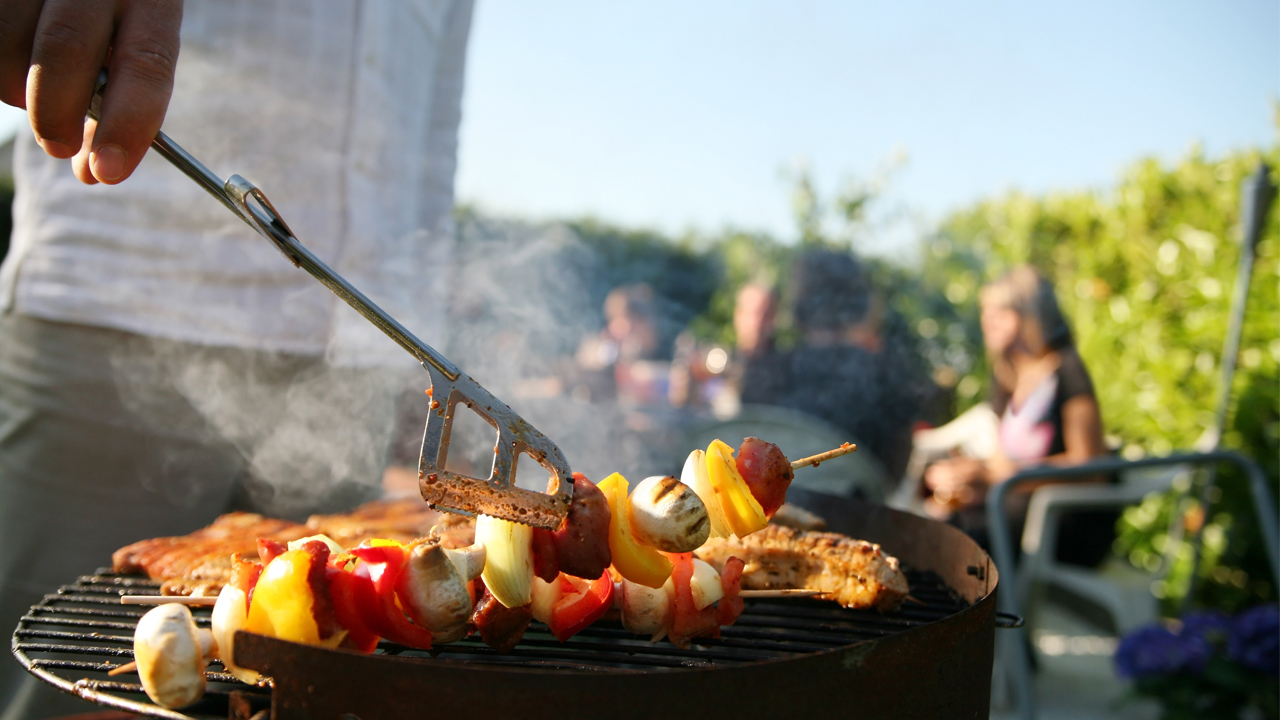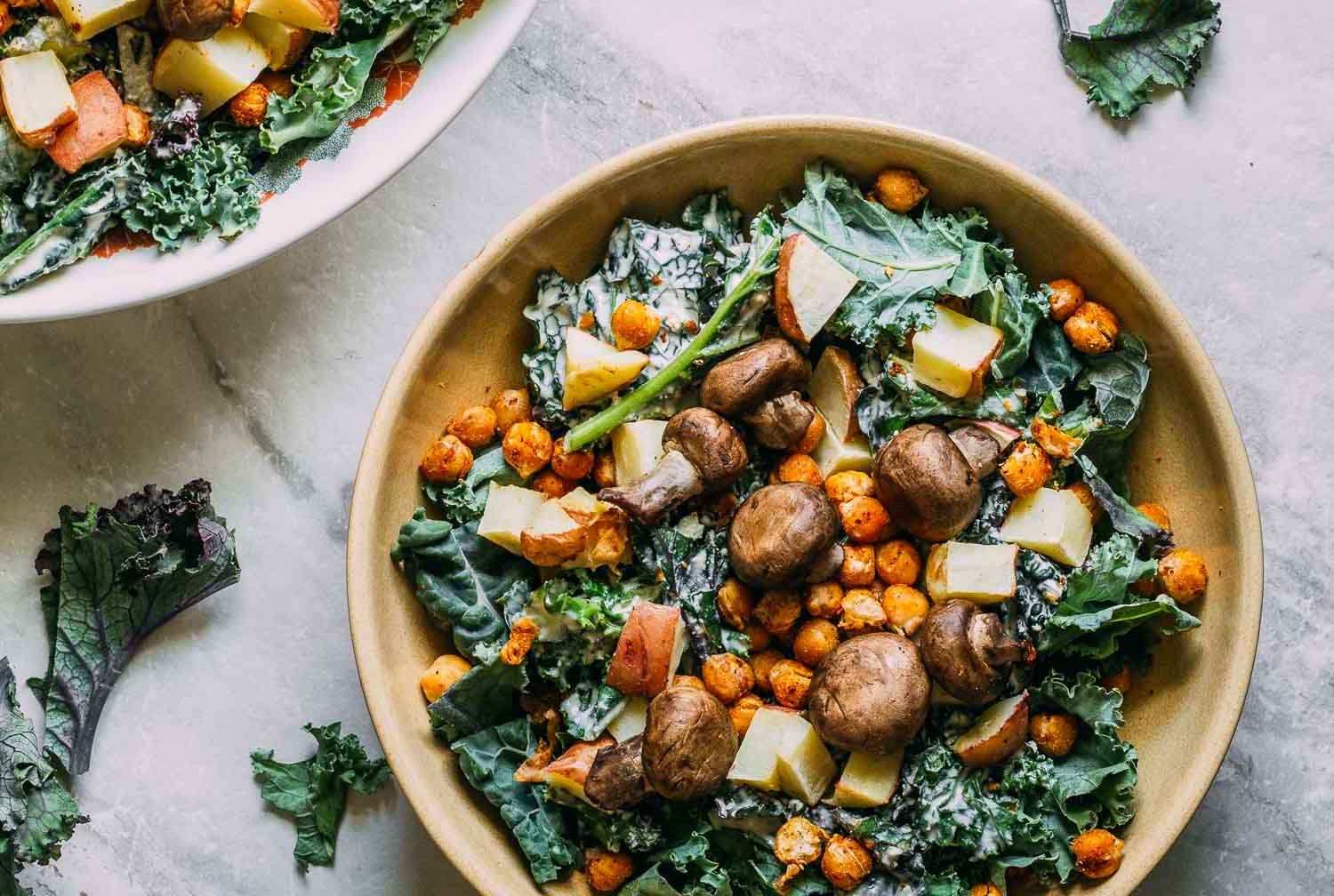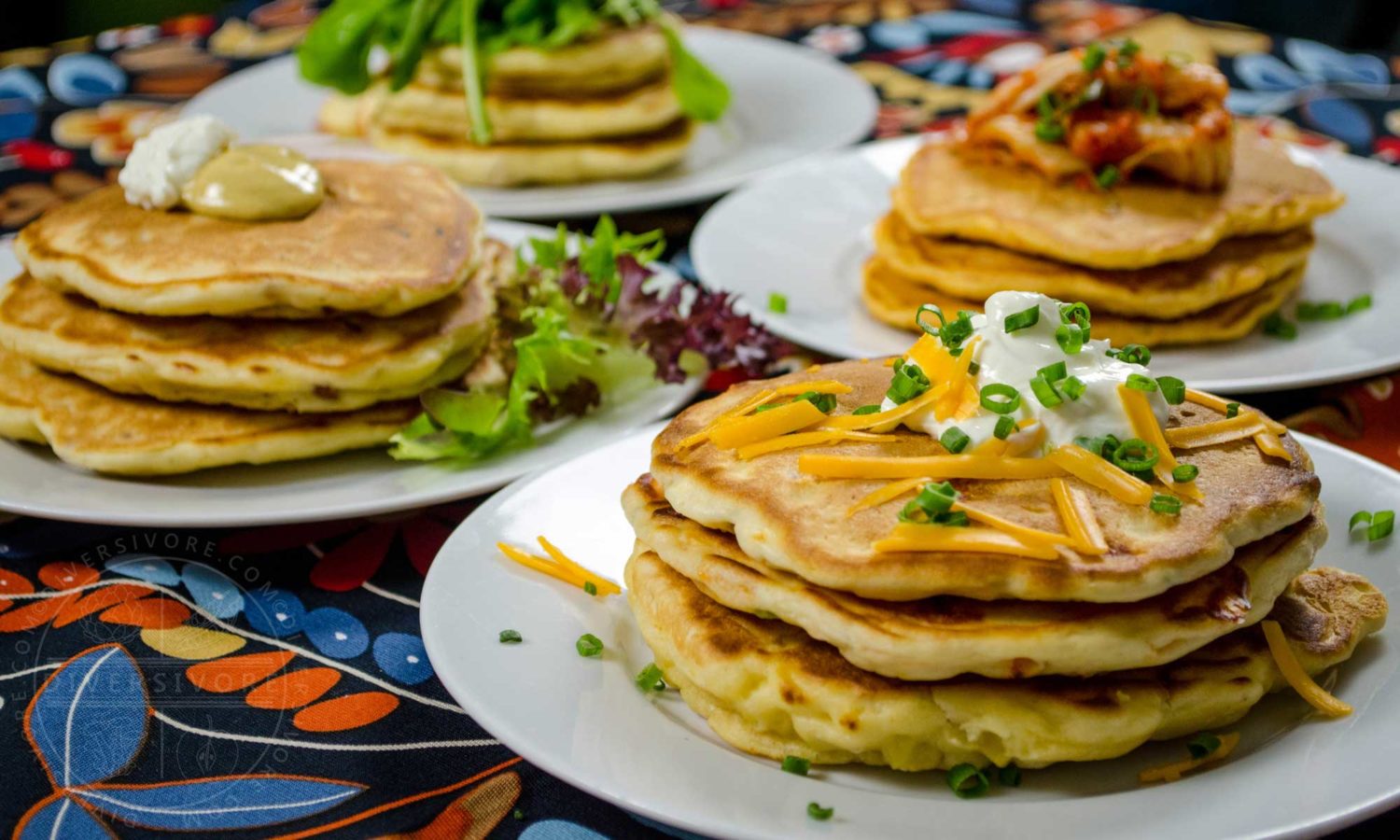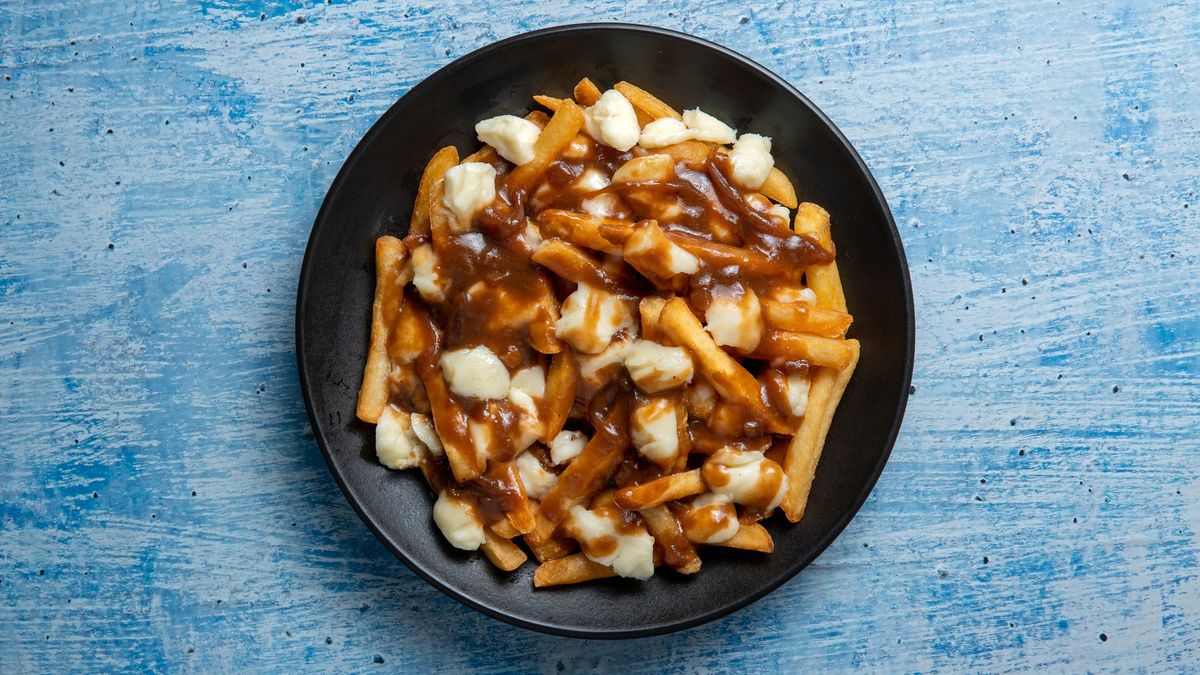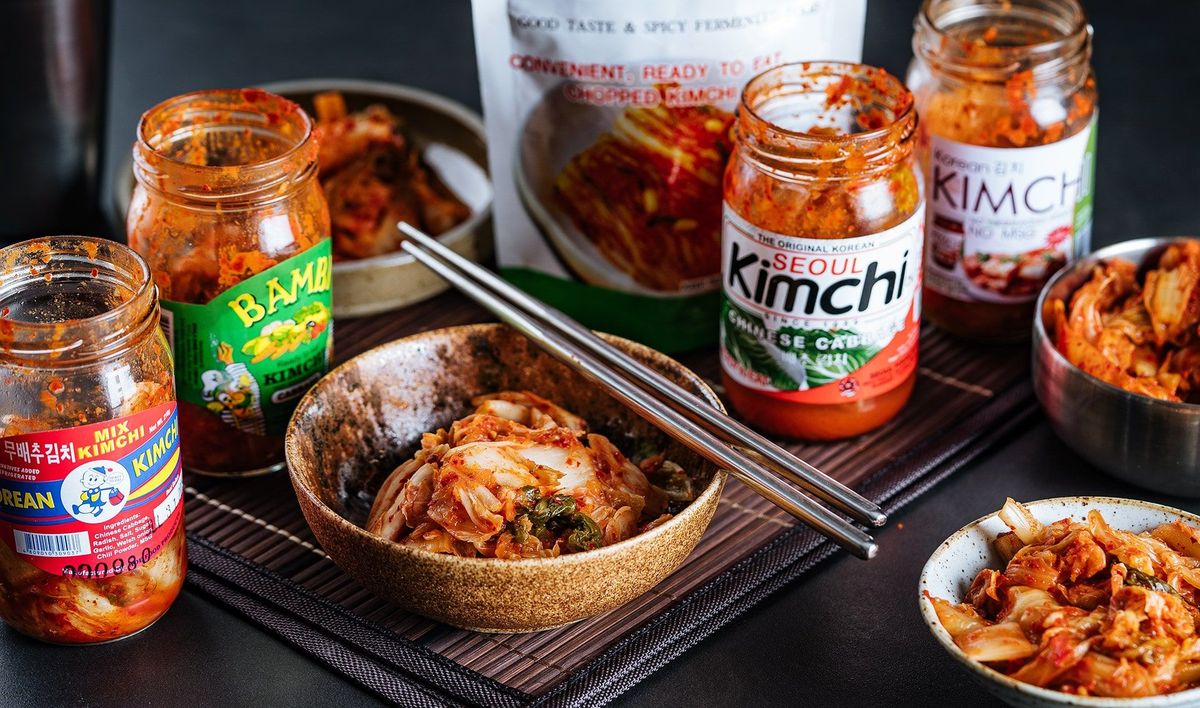Vegan cheese has come a long way from bland, rubbery substitutes. Today, gourmet approaches elevate plant-based cheese to new heights. Using ingredients like cashews, almonds, and coconut milk, these recipes offer rich flavors and creamy textures. Techniques such as fermentation and aging mimic traditional cheese-making processes, resulting in complex, satisfying products. Whether you're vegan or just curious, exploring these methods can transform your culinary repertoire. Dive into the world of gourmet vegan cheese and discover how delicious plant-based living can be.
Essential Ingredients for Vegan Cheese
- Cashews, soaked overnight
- Nutritional yeast for that cheesy flavor
- Lemon juice, freshly squeezed
- Garlic, minced
- Apple cider vinegar
- Tapioca starch for stretchiness
- Agar agar powder as a vegan gelatin
- Sea salt, to taste
- Water or unsweetened almond milk, for blending
- Turmeric, optional for color
- Miso paste, for depth of flavor
- Smoked paprika, optional for a smoky taste
Tools You’ll Need for Gourmet Vegan Cheese
-
High-Speed Blender
For blending nuts, seeds, and other ingredients into a smooth base. -
Nut Milk Bag or Fine Mesh Strainer
Essential for straining blended ingredients to achieve the perfect consistency. -
Cheesecloth
Useful for wrapping and shaping some types of vegan cheese. -
Food Processor
Ideal for mixing ingredients or making firmer cheese varieties. -
Thermometer
Helps in monitoring temperature during certain cheese-making processes. -
pH Meter
For those who want to get technical and ensure the acidity levels are just right. -
Measuring Cups and Spoons
Precision is key in achieving the desired taste and texture. -
Spatulas and Wooden Spoons
For stirring and mixing ingredients thoroughly. -
Cheese Molds
Available in various shapes and sizes for shaping your vegan cheese. -
Dehydrator (Optional)
Some recipes may require a dehydrator to achieve a firmer texture. -
Refrigerator
Necessary for setting and aging certain types of vegan cheese.
Use cashews or almonds as a base for creamy vegan cheese. Blend with nutritional yeast, lemon juice, and spices. Fermenting adds depth, mimicking traditional cheese flavors.
Why Make Vegan Cheese?
Vegan cheese offers a cruelty-free alternative to traditional dairy. It caters to those with lactose intolerance or allergies. Making it at home allows for customization of flavors and textures. Additionally, it often contains fewer additives and preservatives, making it a healthier choice for many.
Step-by-Step Guide to Vegan Cheese Making
Gourmet Approaches to Vegan Cheese Making
-
Gather Ingredients
- Cashews (soaked overnight)
- Nutritional Yeast
- Lemon Juice
- Apple Cider Vinegar
- Garlic Powder
- Onion Powder
- Salt
- Agar-Agar Powder
- Water
- Coconut Oil
- Probiotics (optional for fermentation)
-
Prepare Cashews
- Drain and rinse soaked cashews.
- Blend cashews with water until smooth.
-
Add Flavorings
- Mix in nutritional yeast, lemon juice, apple cider vinegar, garlic powder, onion powder, and salt.
- Blend until fully incorporated.
-
Heat Agar-Agar
- Dissolve agar-agar powder in water.
- Heat mixture until it boils and thickens.
-
Combine Mixtures
- Pour agar-agar mixture into the cashew blend.
- Blend again until smooth.
-
Add Coconut Oil
- Melt coconut oil.
- Slowly add to the mixture while blending.
-
Fermentation (Optional)
- If using probiotics, add them now.
- Blend briefly to mix.
-
Mold the Cheese
- Pour mixture into a cheese mold or container.
- Smooth the top with a spatula.
-
Set the Cheese
- Refrigerate for at least 4 hours or until firm.
-
Remove from Mold
- Carefully remove cheese from the mold.
- Place on a serving dish.
-
Aging (Optional)
- For a more complex flavor, age the cheese.
- Wrap in cheesecloth and place in a cool, dry area.
- Age for 1-2 weeks, checking regularly.
-
Serve and Store
- Slice and serve.
- Store leftovers in an airtight container in the fridge.
-
Variations
- Add herbs like dill or chives for extra flavor.
- Mix in smoked paprika for a smoky taste.
- Use truffle oil for a gourmet touch.
-
Troubleshooting
- If cheese is too soft, add more agar-agar.
- If too firm, reduce agar-agar or add more coconut oil.
- Adjust seasonings to taste.
-
Presentation Tips
- Garnish with fresh herbs.
- Serve with crackers or sliced vegetables.
- Pair with a vegan wine for a complete experience.
Crafting Your Own Vegan Cheese
Making vegan cheese at home isn't just fun, it's also rewarding. With a few simple ingredients like cashews, nutritional yeast, and agar-agar, you can create delicious, dairy-free alternatives that suit your taste. Experiment with flavors and textures to find your perfect match. Remember, patience is key. Some recipes might need a bit of tweaking, but that's part of the adventure. Plus, homemade vegan cheese is often healthier and more affordable than store-bought options. So, roll up your sleeves, gather your ingredients, and start experimenting. Your taste buds will thank you!
Vegan Cheese Making FAQs
What are the main ingredients in vegan cheese?
Vegan cheese often uses nuts like cashews or almonds, coconut oil, nutritional yeast, and tapioca starch. Some recipes also include agar-agar for a firmer texture.
How do you make vegan cheese melt?
To make vegan cheese melt, add tapioca starch or arrowroot powder. These ingredients help create a stretchy, gooey texture when heated.
Can you age vegan cheese like dairy cheese?
Yes, you can age vegan cheese! Use probiotics or fermented ingredients like miso to develop complex flavors over time. Store it in a cool, dark place for a few weeks to months.
Is vegan cheese healthier than dairy cheese?
Vegan cheese can be healthier since it’s usually lower in saturated fat and cholesterol. However, check the labels for added oils and preservatives.
What’s the best way to store homemade vegan cheese?
Store homemade vegan cheese in an airtight container in the refrigerator. It usually lasts about one to two weeks. For longer storage, you can freeze it.
Can you use vegan cheese in baking?
Absolutely! Vegan cheese works well in baked dishes like lasagna, pizza, and casseroles. Just make sure to use a recipe that specifies melting properties.
Does vegan cheese taste like real cheese?
Vegan cheese has its own unique flavors. While it may not taste exactly like dairy cheese, many find it delicious in its own right. Experiment with different recipes to find your favorite.
